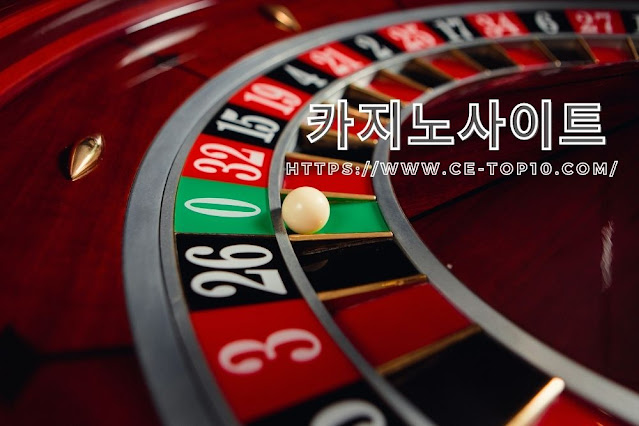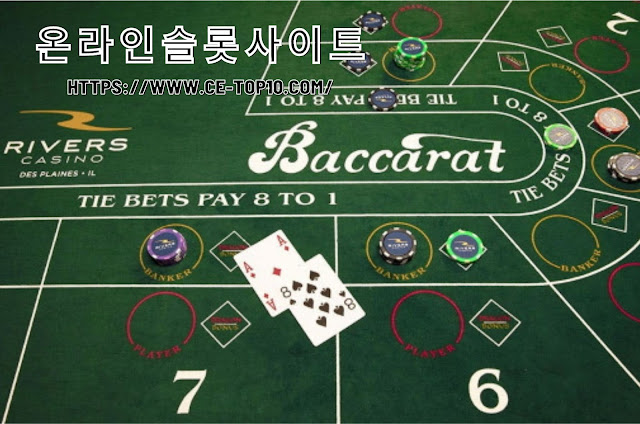3 Instances of Betting Math, all things considered
3 Instances of Betting Math, all things considered
1. Roulette Math
Roulette is a fundamental game in Google browser, and it's a remarkable delineation of probability, all things considered. An American roulette wheel has 38 likely events, numbered 0, 00, and 1-36. The 0 and the 00 are green. A major piece of various numbers are dull, and a major piece of them are red.
With this information, you can determine the probability of essentially any outcome or mix of results. You can differentiate those probabilities and the settlements so the bet could possibly check whether one side has an edge, and accepting this is the situation, how much that edge is.
We ought to start by considering a part of the more ordinary bets in roulette — the outside bets. These bets are on odd/even, high/low, or red/dull. They all remuneration out at 50/50 possibilities. You bet $1 on one of these outcomes, you win $1 expecting you win.
All along, that sounds like an adequately fair bet, yet when you look at these bets to some degree all the more 온라인카지노 eagerly, the house partakes in an obvious advantage.
Here is the explanation:
- Expect to be you wagered on dim. There are 18 numbers on the wheel that are dim, yet there are 20 numbers on the wheel that are not. (18 of the numbers are red, and 2 unexpected numbers are green.) So out of 38 likely outcomes, only 18 of them win your bet.
- That makes the probability 18/38. It's most probable least requesting to understand this bet by changing over it into a rate, 47.37%.
- So 52.63% of the time, the betting club will win this bet, and the rest of the time, you will. It's undeniable to see how accepting you play this game satisfactorily lengthy, finally the betting club will win all your money.
You could truth be told register how much each taken a chance with pretty much everything will persuade the long run — this number is known as the house edge.
This is the manner in which you get it going:
- Acknowledge that you make 100 bets and that you see the mathematically expected results. (That never happens, in reality, but accepting you play sufficiently lengthy, the certified results will start to seem to be the ordinary results.)
- For this present circumstance, you will win $47.37, but you'll lose $52.63. That is an all out shortfall of $52.63 - $47.37, or $5.26.
- Since you bet $100 on those 100 wagers, you lost an ordinary of 5.26% of each bet.
Besides, that is the house edge.
It just so happens, that is the house edge for all of the bets at the roulette table (beside one).
It could be said, the green 0 and the green 00 are where the house gets its edge. The payouts for all of the bets on the table would offer neither side an edge if those numbers weren't on the wheel.
In any case, they ARE on the wheel. Furthermore, that makes a massive difference.
2. The Number related Behind a Coin Throw
A significantly more direct outline of probability, all things considered, is a coin toss. By far most don't exactly put wagers on the consequences of a coin toss, yet they could. Besides, dependent upon the 온라인슬롯사이트 poker payout structure, one side may or likely will not have an edge over the contrary side.
Here is the most straightforward version of this assessment. You want to know the probability that you'll get heads on a coin toss. Since there are 2 potential events, and since only 1 of them is heads, your probability is ½, or half.
In circumstances where you accept the different sides ought to have an even shot at winning something, you'll flip a coin. This is the means by which they sort out who will get going during a football coordinate, for example.
I should coordinate out that there's no advantage toward being the one to call heads or tails. The probability is something practically the same, and I don't take confidence in visionary characteristics. I've never seen any confirmation that anyone has any kind of precognitive limit that would deal with their conceivable outcomes predicting the consequence of a coin toss.
However, we ought to endeavor a truly interesting assessment. Assume we really want to know the probability of getting heads twice in progression. That infers you really want to know the probability of getting heads on the chief flip AND the probability of getting heads on the resulting flip.
Remember that I said before that accepting for a moment that we're using "and" in the issue, we copy. For this present circumstance, we're copying ½ by ½, which is ¼. Then again we could call it 0.5 X 0.5 and get 0.25. Both of those ways can be conveyed as 25%.
Another technique for seeing this is to look at the total number of results when you flip a coin twice in progression:
- You could get heads on the chief toss and heads on the resulting toss.
- You could get tails on the chief toss and tails on the resulting toss.
- You could get heads on the principal toss and tails on the resulting toss.
- You could get tails on the first and heads on the resulting toss.
Those are from a genuine perspective the super 4 outcomes, but only 1 of them is the outcome you were making due with. That is ¼, or 25%, which we'd chose earlier.
Expect you expected to make a direct wagering game considering the outcome a coin toss. Assume you're running a back room betting club in a bar or something along those lines.
You could have a game where you flip a coin, consequently does the dealer. If you get heads and the dealer gets tails, you win. If the vender gets tails, and you get heads, the seller wins.
Regardless, if you both get heads or both get tails, you want to set up another coin to get to flip the coins again.
The catch is that the merchant doesn't have to set up another coin. In case you win this ensuing toss, you win a coin, yet expecting you lose it, you lose the two coins that you set up.
It's sensible in this model how the betting club has an edge, right?
3. Poker Math
I could utilize anything that could survive from this post talking about poker math. In any case, I'll endeavor to confine it to just this rundown thing.
Anyone who has a lot of experience with poker understands that you have in much the same way as extraordinary a chance getting a prevalent hand as I do. We're both getting cards from a comparable 52 card deck, in light of everything.
It's the manner by which you deal with those cards after that make a difference.
We ought to expect that you're playing 5 card draw and you're dealt with a hand with 4 cards to a flush in it. You will discard a card and want to draw in to that flush.
What is the probability that you will succeed?
There are 47 cards left in the deck. 9 of them are of the suit you need. (There are 13 cards in each suit, and 4 of them are currently in your grip.) So your probability of getting the card you need is 9/47, or 19.1%. That is just around 1 out of 5, or 20%.
Expecting that you acknowledge that you want to make this hand to win the pot, you can process how much money ought to be in the pot for you to gainfully calla bet.
Could we surmise that there is $10 in the pot, and it costs you $1 to stay in and draw that extra card. If you win, you'll win 10 to 1 on a 4 to 1 draw. You'll lose for all intents and purposes 80% of the time, yet you'll win so much when you really win that it will make up for itself and give you a spotless advantage.
Truly, we ought to do comparative assessment we did above, where we expect that you do this on various occasions in progression. You'll lose $80.90, yet you'll win $190.10, for an advantage of $109.20. These are incredible pot possibilities.
Of course, if there were only $3 in the pot, and it cost you $1 to get in, you wouldn't get an enormous enough payout to make this a useful bet. You'd regardless lose $80.10, but you'd simply win $57.30, for an all out deficiency of $22.50.
Clearly, in a veritable READ MORE poker game, you'd have various probabilities to consider. For example, you could raise in this current situation, needing to alarm your opponents out of the pot. You want to check the probability that this technique will work when you endeavor this. You can add that to your typical worth.
This is where scrutinizing various players becomes critical. Certain people envision that scrutinizing people is connected to checking what they will do constantly.
However, really you make ballpark assessments about their likelihood of completely finishing something. Expecting you check that your opponent will wrinkle to your pretend portion of the time, then, that significantly affects your method.





Comments
Post a Comment